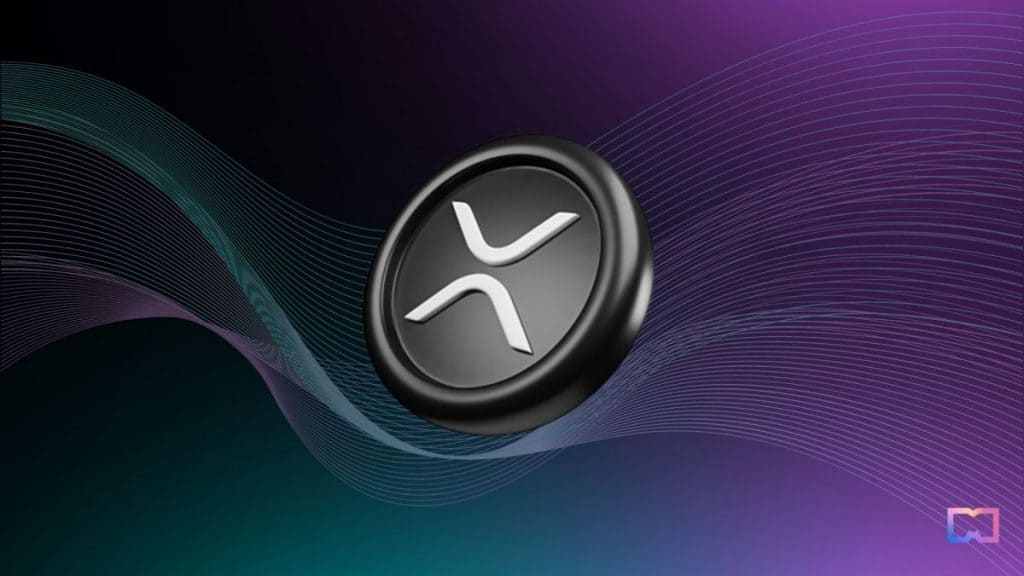SEC Denied Interlocutory Appeal Confirming XRP Non-Security Status


In Brief
The Securities and Exchange Commission appeal attempt has been rejected, establishing that XRP isn’t classified as a security.

In a significant development in the crypto regulatory landscape, the court has rejected the Securities and Exchange Commission’s (SEC) request for an interlocutory Ripple (XRP) appeal.
This decision essentially ratifies the prior ruling that Ripple Lab’s native digital token, XRP, does not fall under the category of a security. Brad Garlinghouse, CEO of Ripple, celebrated the decision, highlighting the Court’s application of the “Howey” test, which did not favor the SEC.
Background and SEC’s Allegations
The ongoing case originates from the SEC’s dispute with Ripple Labs, Inc. The conflict also involves its top executives, Bradley Garlinghouse and Christian A. Larsen. The SEC has leveled accusations against Ripple and its leaders. They are said to have taken part in the unauthorized sale of securities. Specifically, they allegedly violated Section 5 of the Securities Act of 1933.
The regulatory body also claimed that both Garlinghouse and Larsen further assisted Ripple in these purported violations.
The core issue centers on the SEC’s assertion about Ripple. They claim Ripple undertook unregistered XRP offers and sales. These sales spanned three categories. The categories are Institutional Sales, Programmatic Sales on digital asset exchanges, and Other Distributions.
Additionally, the SEC alleges unregistered individual XRP sales. Both Larsen and Garlinghouse were involved. Larsen accumulated about $450 million and Garlinghouse around $150 million.
#XRPCommunity #SECGov v. #Ripple #XRP BREAKING: Judge Torres has DENIED the SEC’s Motion to File an Interlocutory Appeal. https://t.co/czEIz93Vfn
— James K. Filan 🇺🇸🇮🇪 (@FilanLaw) October 3, 2023
Court’s Decision and XRP Defense
While Ripple did not contest its XRP offers and sales across interstate commerce without registration, the primary contention rested on whether the company sold XRP as a security. The SEC had put forth the argument that the sale of XRP resembled an “investment contract.”
However, after careful deliberation and application of the Howey test, the Court did not concur with the SEC’s characterization of XRP as a security.
This recent development reiterates the complexity surrounding cryptocurrency classifications and their regulatory implications. Ripple and the broader crypto community may gain more clarity and confidence in the evolving landscape of digital assets.
Disclaimer
In line with the Trust Project guidelines, please note that the information provided on this page is not intended to be and should not be interpreted as legal, tax, investment, financial, or any other form of advice. It is important to only invest what you can afford to lose and to seek independent financial advice if you have any doubts. For further information, we suggest referring to the terms and conditions as well as the help and support pages provided by the issuer or advertiser. MetaversePost is committed to accurate, unbiased reporting, but market conditions are subject to change without notice.
About The Author
Nik is an accomplished analyst and writer at Metaverse Post, specializing in delivering cutting-edge insights into the fast-paced world of technology, with a particular emphasis on AI/ML, XR, VR, on-chain analytics, and blockchain development. His articles engage and inform a diverse audience, helping them stay ahead of the technological curve. Possessing a Master's degree in Economics and Management, Nik has a solid grasp of the nuances of the business world and its intersection with emergent technologies.
More articles

Nik is an accomplished analyst and writer at Metaverse Post, specializing in delivering cutting-edge insights into the fast-paced world of technology, with a particular emphasis on AI/ML, XR, VR, on-chain analytics, and blockchain development. His articles engage and inform a diverse audience, helping them stay ahead of the technological curve. Possessing a Master's degree in Economics and Management, Nik has a solid grasp of the nuances of the business world and its intersection with emergent technologies.



















































